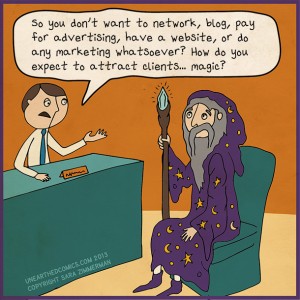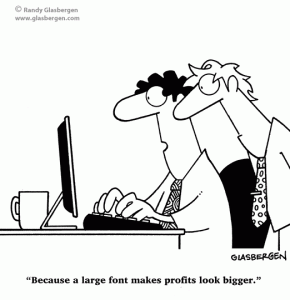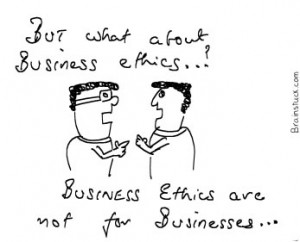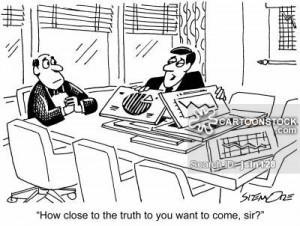Social Enterprises & The UN – People need People.
In a fast paced world where everyone seems to believe that “money makes the world go round” When I think about what’s being said, I realize how much I disagree with that statement. In a world where so much information is being thrown at you at all times through so many different outlets, we tend to forget the basics. The basics being that, “Humans needs humans.” Think about it, it’s such a simple yet profound statement. As a human being the companionship of another human being is a basic need in itself. A sense of belonging, a community, people. We need them, as much as we sometimes hate to admit it. Similarly, I believe that if the United Nations was fully funded, we’d still need Social Entrepreneurs because having money is important but somewhat useless without knowing where it’s going to go.
The UN and Social Enterprises like the Arc Initiative, go hand in hand, and are unable to function as effectively alone as they could together. If UN was supposedly funded well, then the way to allocate the resources effectively and efficiently would be the next job for which enterprises like the Arc would be a great help for. People need people comes more into effect when you realize the Social Entrepreneurs genuinely help make a difference in business but also in the lives of many people that may have felt stuck in the positions that they were in. And without them, a small yet sustainable business in these developing countries wouldn’t exist. Most of the time, people donate money to non profit organizations and these organizations do their best to get them food and water and all of the essentials they need for the time being, forgetting that the resources given are limited and that after it’s over, they are back to where they started. Social Entrepreneurs change that. The Arc Initiative had 1 day workshops in places like Rwanda, where they taught business folk the basic fundamental skills of business, things they could actually apply to their businesses straight away. That’s why Social Entrepreneurs are vital to creating better lifestyles for those in developing countries, because they help fund the appropriate things that ensure those countries will have something long term to live off of. Maintaining this effect is the job no one does better than Social Entrepreneurs which is why I think that even if the UN was fully funded, Social Enterprises like the Arc would still NEED to be around because that’s the only way of ensuring that citizens of these countries are learning the right things thus planting an entrepreneurial seed in their minds that they choose to help thrive; which would in turn help end the life of poverty and provide an increase in the country’s economy as well.





